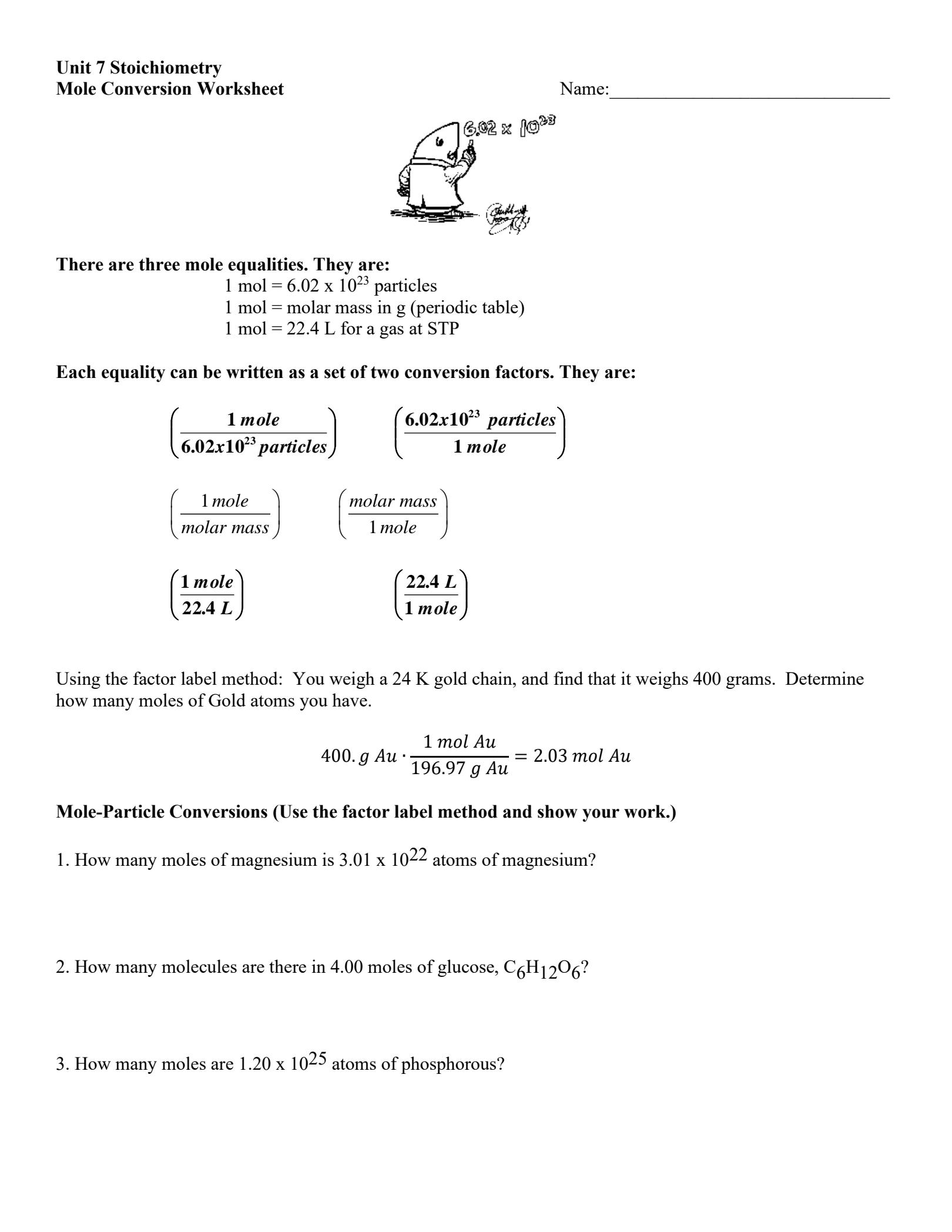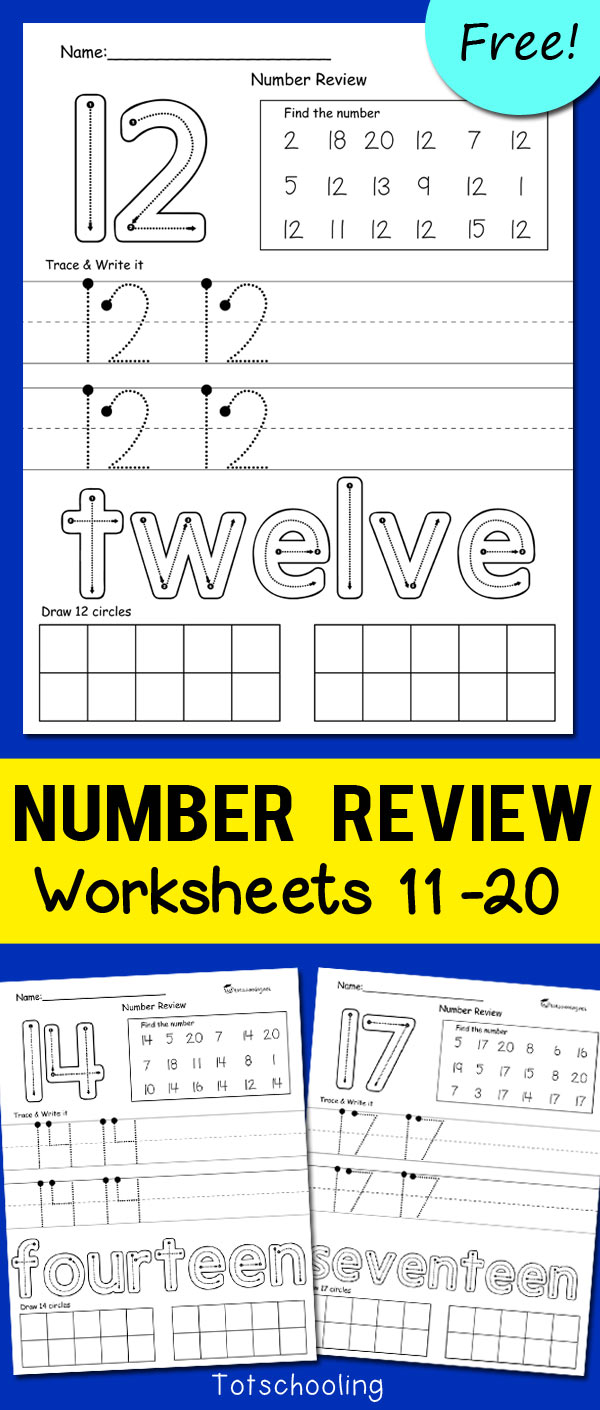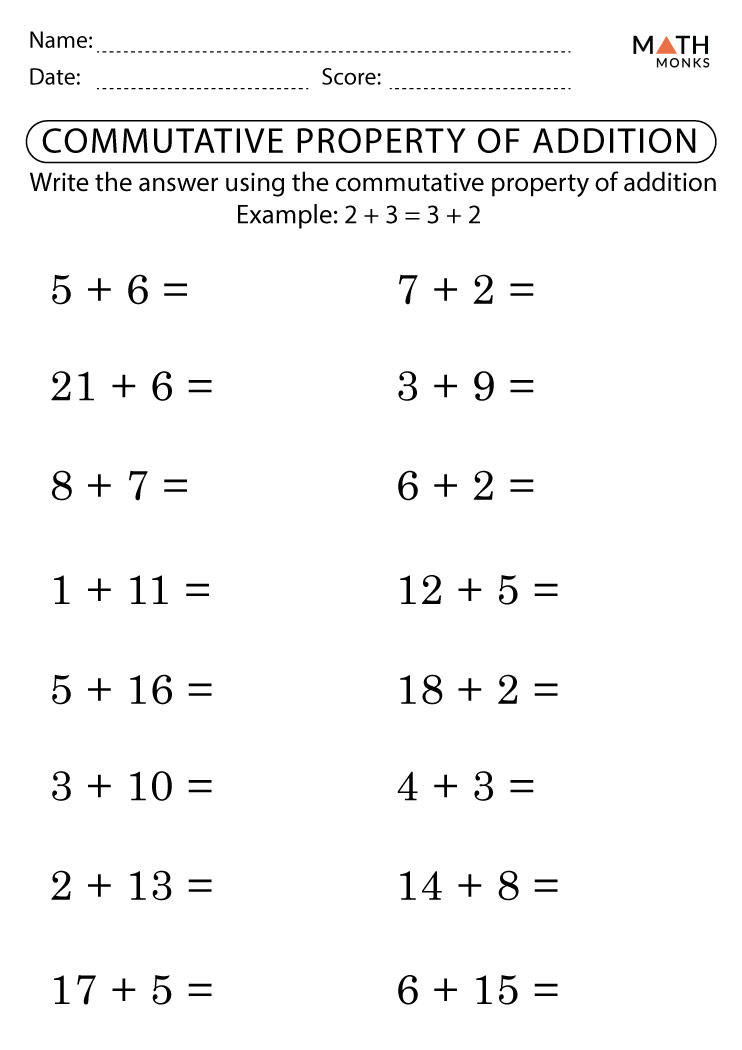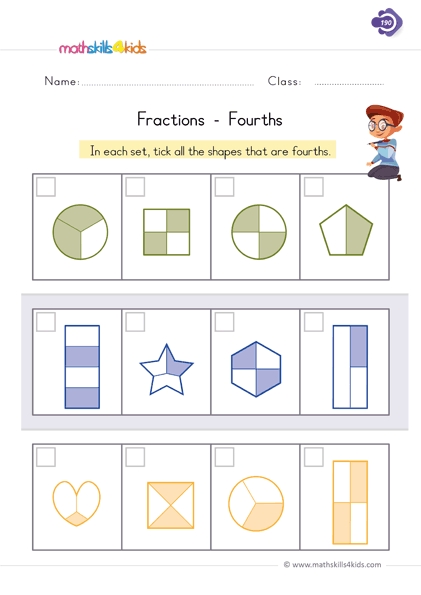5 Ways to Master Verb and Subject Agreements
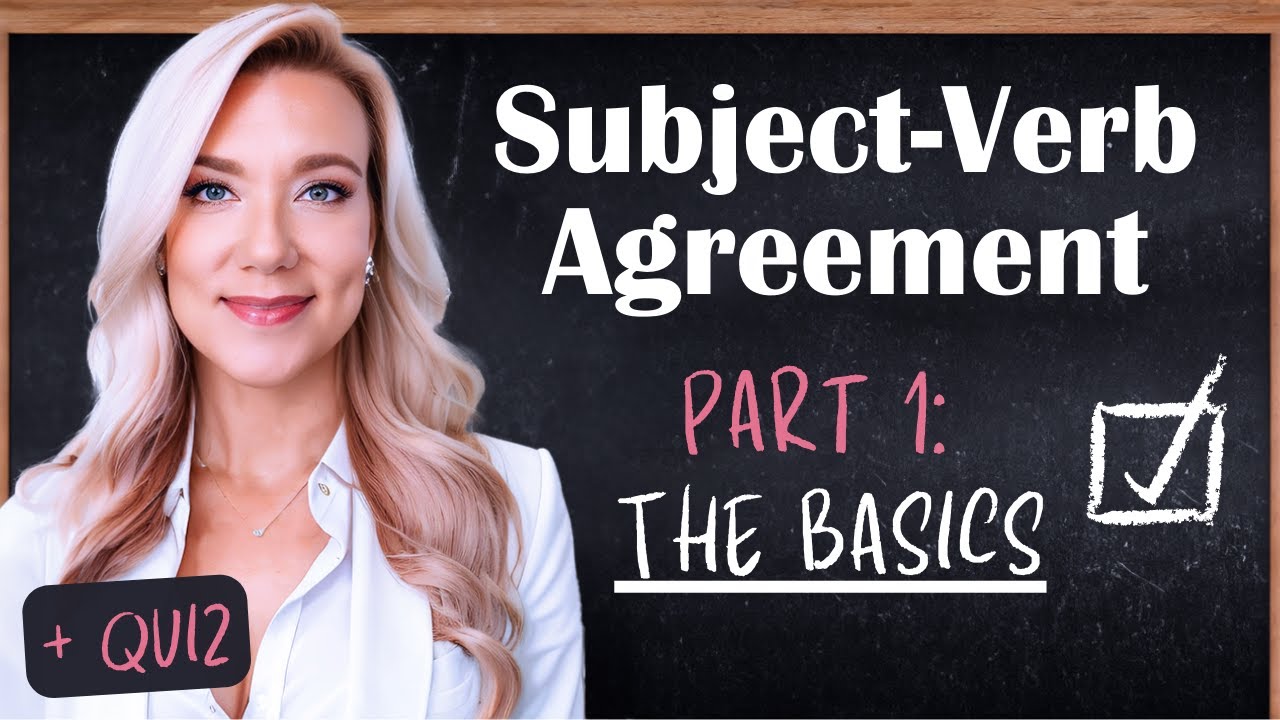
Understanding the Basics of Verb and Subject Agreements
Verb and subject agreements are a fundamental aspect of grammar in the English language. It is essential to understand the rules that govern these agreements to communicate effectively and avoid common mistakes. In this article, we will explore five ways to master verb and subject agreements, ensuring that your writing and speaking skills are polished and error-free.
1. Identify the Subject
To master verb and subject agreements, it is crucial to identify the subject of a sentence correctly. The subject is the noun or pronoun that performs the action described in the sentence. In simple sentences, the subject is usually the first noun or pronoun. However, in complex sentences, the subject may be hidden in a phrase or clause.
- Example: “The manager of the company is attending the meeting.”
- Subject: “The manager of the company”
To identify the subject, ask yourself:
- Who or what is performing the action?
- Is the subject a noun or a pronoun?
- Is the subject singular or plural?
2. Determine the Verb Form
Once you have identified the subject, determine the correct verb form to use. Verbs have different forms depending on the subject, tense, and mood. In the present tense, for example, the verb form changes depending on whether the subject is singular or plural.
- Singular subject: “The cat sleeps.”
- Plural subject: “The cats sleep.”
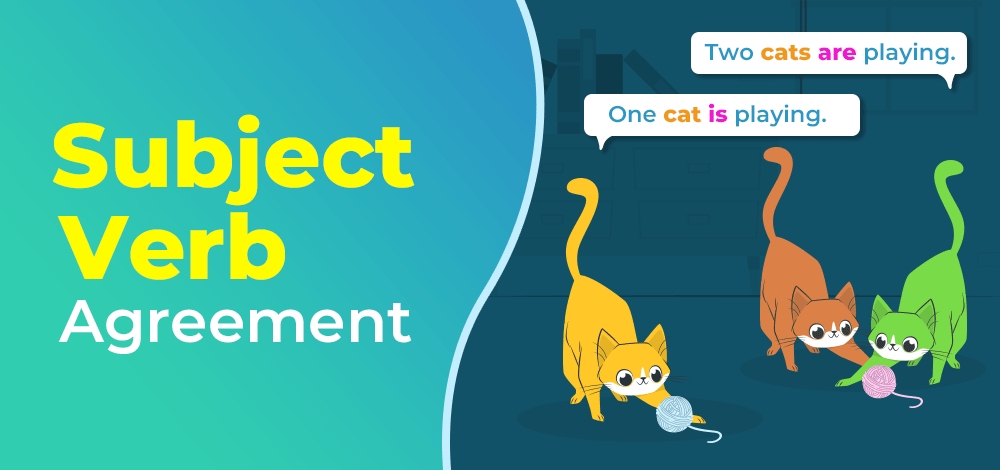
| Subject | Verb Form |
|---|---|
| Singular | sleeps |
| Plural | sleep |
3. Apply the Rules of Agreement
Now that you have identified the subject and determined the verb form, apply the rules of agreement. The basic rule is that the verb must agree with the subject in number (singular or plural).
- Singular subject: “The book is on the table.”
- Plural subject: “The books are on the table.”
However, there are some exceptions to this rule:
- Collective nouns: “The team is winning.” (The subject “team” is singular, even though it refers to multiple individuals.)
- Indefinite pronouns: “Everyone is attending the meeting.” (The subject “everyone” is singular, even though it refers to multiple individuals.)
[📝] Note: Collective nouns and indefinite pronouns can be tricky. Make sure to learn the specific rules that apply to each case.
4. Watch Out for Tricky Subjects
Some subjects can be tricky to identify, and the verb agreement rules may not be straightforward. These include:
- Compound subjects: “John and Mary are attending the meeting.” (The subject “John and Mary” is plural, even though it refers to two individuals.)
- Relative pronouns: “The book, which is on the table, is mine.” (The subject “book” is singular, even though the relative pronoun “which” refers to a plural noun.)
To handle tricky subjects, make sure to:
- Identify the main subject of the sentence
- Determine the verb form that agrees with the main subject
- Apply the rules of agreement carefully
5. Practice, Practice, Practice
Mastering verb and subject agreements requires practice. Here are some tips to help you practice:
- Read and analyze sentences with different subjects and verb forms
- Write your own sentences with varying subjects and verb forms
- Practice with quizzes and exercises online
- Seek feedback from teachers or peers on your grammar skills
By following these five ways to master verb and subject agreements, you will become more confident in your writing and speaking skills. Remember to practice regularly and seek feedback to improve your grammar skills.
What is the most common mistake in verb and subject agreements?
+The most common mistake is using a plural verb with a singular subject or vice versa.
How do I identify the subject of a sentence?
+Ask yourself: Who or what is performing the action? Is the subject a noun or a pronoun? Is the subject singular or plural?
What are some tricky subjects to watch out for?
+Compound subjects, relative pronouns, and collective nouns can be tricky. Make sure to learn the specific rules that apply to each case.
Related Terms:
- Subject verb agreement Exercise
- Subject-verb agreement exercises with answers
- Subject-verb Agreement examples
- subject-verb agreement year 1
- Subject of a verb
